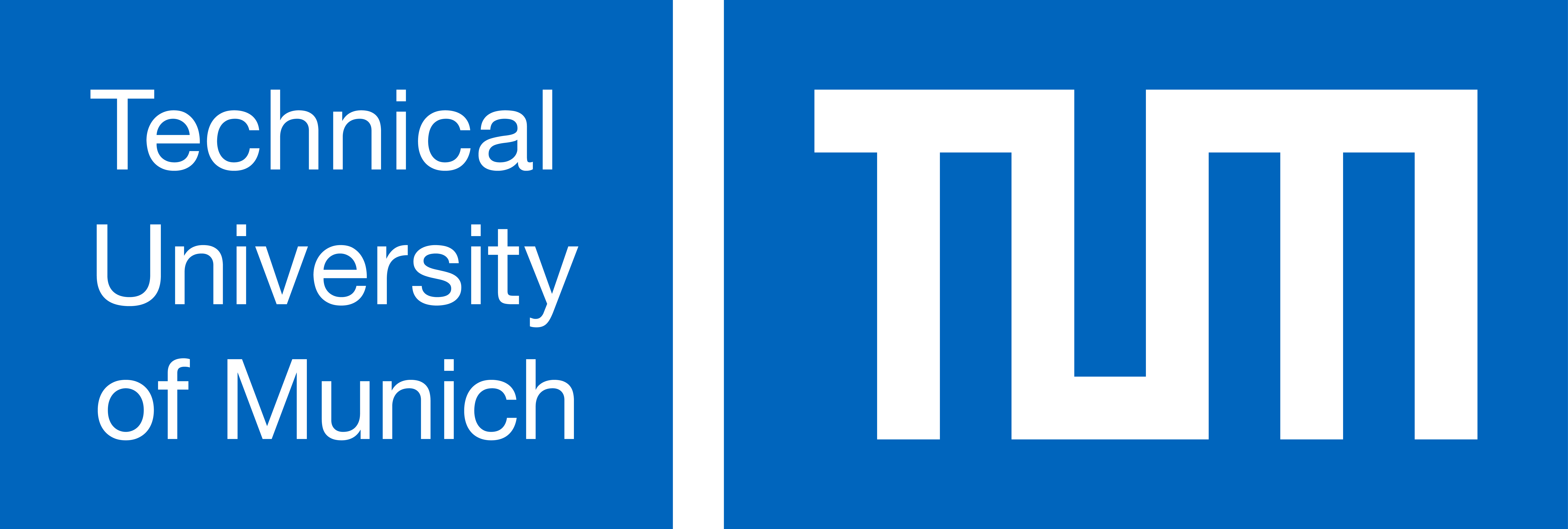About this course
The module covers the following topics
- introduction to portfolio documentation, primer on presentation and feedback skills, literature research and interactive learning environments
- fundamentals of bipedal locomotion
- bipedal robot control
- biologically inspired optimization
- introduction to experiment design and execution In a practical project the theoretical knowledge will be transferred by students to a robotic experiment. They will design and optimize a controller and analyse as well as assess the resulting behaviour.
Learning outcomes
At the end of this course students are able
- to explain concepts for using biological insights for solving technical problems and apply them to specific problems
- to describe the role of models for the knowledge transfer from biology into robotics, to characterize their specific limitations and to apply them to technical problems
- to differentiate advantages and disadvantages of bio-inspired optimization algorithms and to apply them to optimize their solutions
- to apply the acquired knowledge to a practical experiment and design a controller for a legged robot
Examination
The students create individual learning portfolios which document their progress during the course. It comprises of the following graded parts
- documentation of research results
- reports on programming tasks / exercises
- documentation of the practice project Furthermore, the students develop and present a graded poster and give short presentations (2-3). A selection of presented subjects will be reflected in depth by the students in a video presentation for the midterm. The final grade is awarded based on the graded learning portfolio entries and the presentations during the course. The partial assignments contribute as follows to the final grade:
- documentation of research results: 25%
- poster presentation: 10%
- video presentation: 15%
- exercises / programming tasks: 35%
- application in the practice project: 10%
- portfolio appearance and completeness: 5% This form of exam enables the student to develop their skills at presenting the learned content, based on regular, individual feedback. They demonstrate their ability to assess concepts for using biological findings on technological problems (essay) and to characterize them based on their advantages and disadvantages (poster presentation). Furthermore they are able to develop and demonstrate a deeper understanding of a selected subtopic (video presentation). Technical aspects of biorobotics (modelling, control, optimization) are examined through the students’ documentation of their solution and allow for the direct correction of erroneous concepts through feedback. With the portfolio documentation of the practice project the students proof their ability to design a controller for a bipedal robot (application and implementation).
Course requirements
technical mechanics, algorithms and data structures
Resources
- emplates and anchors: neuromechanical hypotheses of legged locomotion on land R.J. Full, D.E. Koditschek, Journal of Experimental Biology 1999 202: 3325-3332;
Activities
The students acquire the theoretical background by means of short introductory videos and consolidate their knowledge during class by discussion and supervised group work using the flipped classroom method. Students learn to apply concepts for bio-inspired development on given technical questions. The students’ competence to use simulation models to transfer biological concepts into robotics is extended by independent research, documentation and presentation. The acquired knowledge on simulating, controlling and optimizing bipedal gait is consolidated in exercises and the practice project. Students document their learning progress in their individual portfolios and receive regular feedback from peers and the instructor. Thus they learn to explain and apply concepts of biorobotics.
Additional information
- More infoCoursepage on website of Technical University of Munich
- Contact a coordinator
- CreditsECTS 6
- Contact hours per week4
- InstructorsJohannes Maierhofer, Alexandra Buchmann, Daniel Rixen, Fabian Gruber, Philipp Radecker, Christina Insam, Daniel Renjewski
- Mode of instructionHybrid
Offering(s)
Start date
23 April 2025
- Ends25 July 2025
- Term *Summer 2025
- Instruction language
Enrolment period closed
